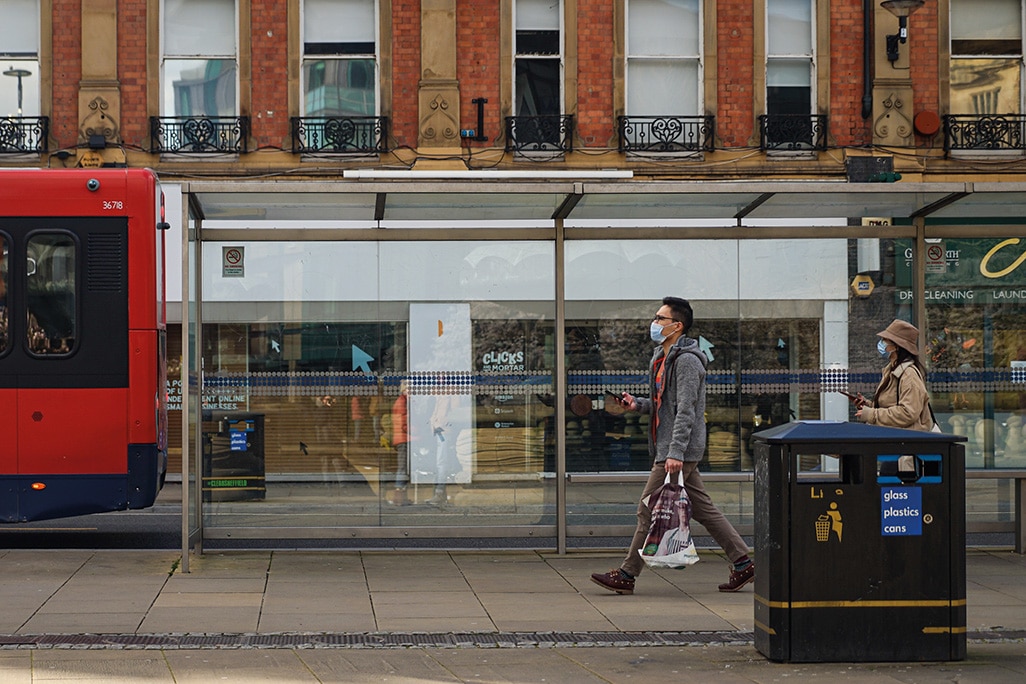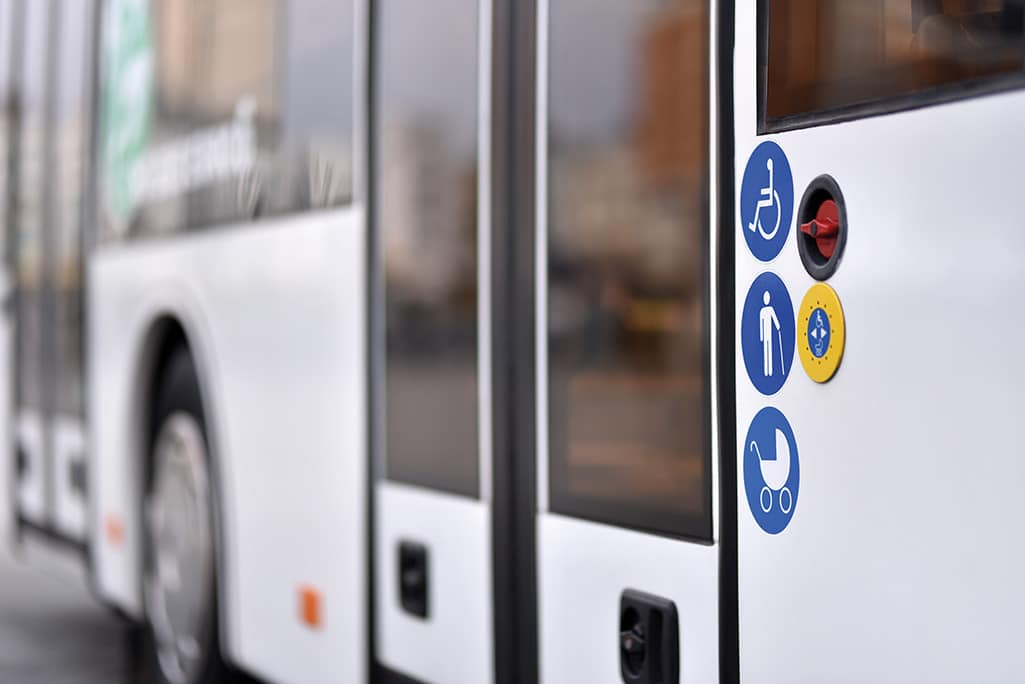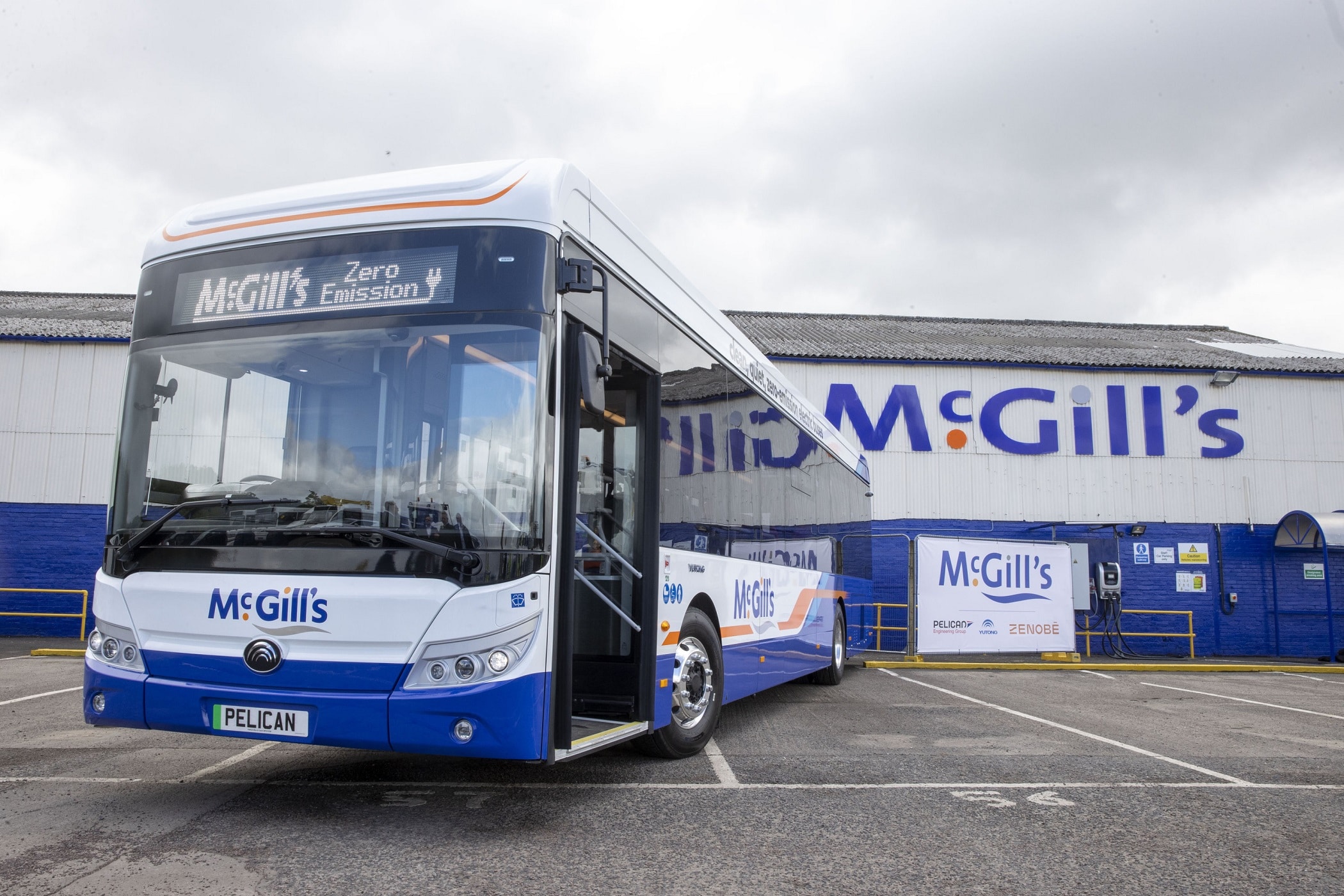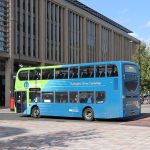Car Free Day is an opportunity to showcase coaches and buses as clean and green, and to encourage people to give them a go
Later this month (on 22 September), the Confederation of Passenger Transport (CPT) will be taking part in Car Free Day, an initiative that encourages people to imagine the improvements their local area would see if we removed cars from our roads. It’s an excellent opportunity to showcase coaches and buses as the clean, green travel option we know they are, and encourage people to give them a go.
To be on track to achieve our ambitious climate change targets though, we need to lock in changes to people’s travel habits for the long term.
The UK government’s advisers on climate change have calculated that if we want to be on track for net zero by 2050, one in 10 car journeys made today need to be made by bus by 2030. The Bus Service Improvement Plans (BSIPs) that local authorities and bus operators across England are currently putting together are an opportunity to deliver this long-term change.
To do this we need to ensure that BSIPs are focusing on measures that will help
encourage people out of cars and onto buses. Front and centre of this must be measures to tackle slow bus journey times, which are the main factor deterring people from catching the bus. We know that bus priority measures can sometimes be controversial with elements of local communities, which is why CPT has been undertaking research to help local authorities develop arguments that can help overcome this opposition. We are due to see some initial results soon and have plans to share this with local authorities over the coming weeks.
Alongside bus priority we also need to see other policies aligned with the desire to get more people travelling by bus. For example, new housing developments are often poorly served by bus routes due to a lack of consultation with operators as part of the planning process, and despite heavy congestion, car parking is too cheap, or even free, in town and city centres. Improvements in both these areas must be part of plans to encourage greater bus use.
Central government also has a role to play by backing a return to bus. We will all have seen the advertising encouraging people back onto the railways in recent weeks and we now need to see that same level of impetus and priority given to encouraging people back onto buses, which – let’s remember – is the most used form of public transport. This positive messaging from government will help to undo some of the damaging messaging we have seen over the last 18 months.
BSIPs are unquestionably an opportunity to improve bus travel for passengers that we should seize, but we need to ensure their ambitions are matched by policy decisions elsewhere.



























